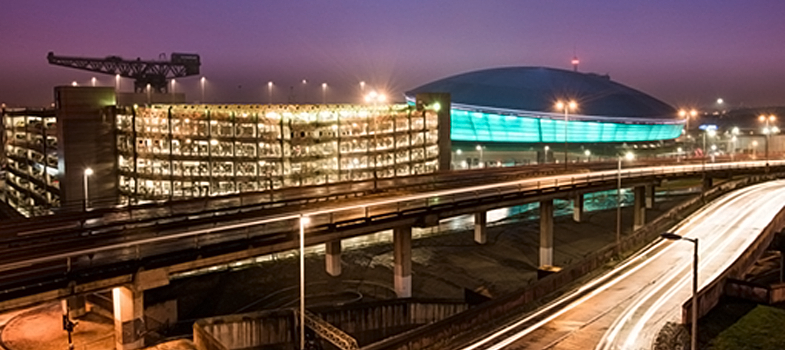What is reflection?

When we look in the mirror we see our reflection. In everyday life we sometimes talk about being in a ‘reflective mood’, and we tend to reflect on things that don’t have an obvious or straightforward answer. We might take time to reflect on something to consider it in more detail, in greater depth and in a new way.
Self-reflection is thinking about yourself to gain greater self-awareness and understanding. Consciously or unconsciously it involves our thoughts, ideas, experience and knowledge. The process of reflection might be pleasurable or uncomfortable, or a mixture of both.
Reflection is a way of working on what we know already to create new knowledge and understanding. In this way it can help us recognise and appreciate skills and abilities that we have but often overlook. We can reflect at any time in our lives to help us examine our feelings around a whole range of experiences. It can help us review our decision making and motivations, and for that reason it is used in learning and workplaces in relation to personal development and career planning.
While reflection can be uncomfortable, it can also be liberating and empowering. Developing a better understanding of ourselves and our situation will enable us to move on.
The diverse experiences of carers have informed the development of this course. Some are in a position where their caring role is changing. For others, their role stays the same but they are finding new ways to cope.
Gavin, a carer support worker who leads on a project for young adult carers, sums up the skills and qualities he’s seen in carers:
Being a carer brings a lot of skills and attributes that often aren’t recognised, carers are often extremely organised, reliable and very good at handling pressure. They can quite often identify other people’s emotion, just at a glance.
They’ve got so many skills and personality to bring into employment, and education and life in general.
Introduction
